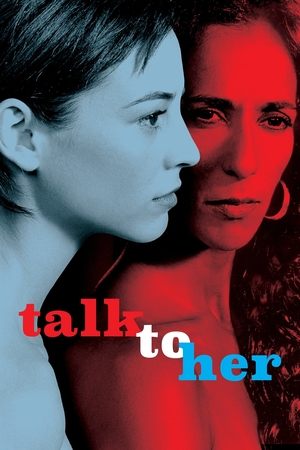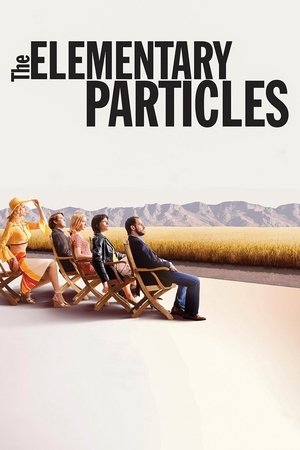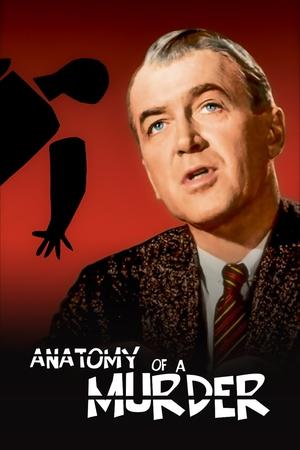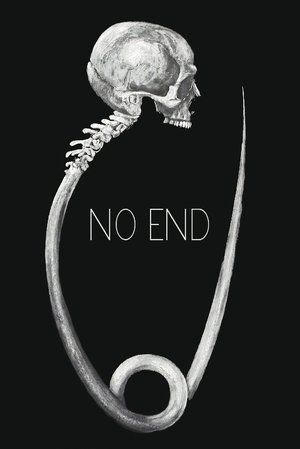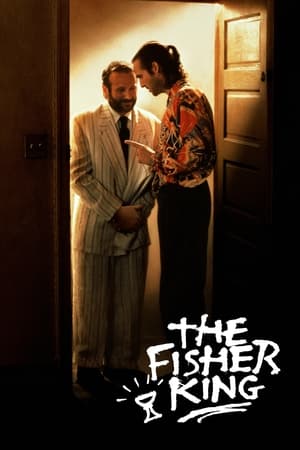Overview
A death row inmate turns for spiritual guidance to a local nun in the days leading up to his scheduled execution for the murders of a young couple.
Reviews
This is a terrific movie, with dramatic power and a balanced look at the issue of capital punishment. It is based on a true story written and lived by a nun, Sister Helen Prejean though, as usually happens, the story is modified to fit the needs of a dramatic movie. For example, the two inmates she provided spiritual advice to are merged into one for this film. As a side note, Sister Prejean has an uncredited appearance in a scene concerning a vigil.
The movie is gritty at times,but always watchable. Susan Surandon received an academy award for her performance.
In addition to it being a great movie, there are two soundtrack albums of note. The first is the soundtrack, featuring an array of songs by Springsteen, Johnny Cash and others. Also there is a movie score version, with music of a more atmospheric nature. I use it to read or write fiction to sometimes.
**A very human film that is solidly based on the performance of the two main actors and on the discussion around the death penalty.**
There are certain films that are made to play with our feelings and with what we consider to be divisive themes. Films about the death penalty almost always do so in one way or another: the topic itself is highly controversial, and almost everyone has an opinion (the level of critical information in opinions varies) about it. The debate about capital punishment will never end, not least because there are legal, human, social and religious reasons that reasonably support who is in favor and who is against it. In the end, it is one of those choices that depends a lot on how the legal and correctional system is viewed, that is, whether we value more, as a society, the exemplary punishment of the criminal or his eventual atonement and correction.
The film is based on the memories and experiences of Sister Helen Prejean, a kind-hearted Catholic nun who, over the years, has accompanied and counseled several death row inmates in Louisiana, one of many US states that maintain the active practice. It is a very intimate film, as much of it is focused on the private conversations between the nun and the convict, who in this film is a man who killed a teenage couple, but who claims to be innocent.
The script does everything it can to sweeten the story in order to keep our interest: the constant allegations that he may be innocent, the flirtatious atmosphere that sometimes arises between the nun and the prisoner, the passionate (understandable) behavior of the victim's relatives, the various allegations about the promiscuity between the justice system and the conveniences (or inconveniences) of the death sentence for politics and for the image of the Governor. The film makes the most of its theme, shoots in several directions and, for the most part, hits its targets. In addition to being an authentic manifesto against the death penalty, the film is a poignant drama where a clearly evil and vicious man regrets the things he has done, even though it is too late for him. My only negative criticism of the script turns out to be, precisely, the flirtatious atmosphere felt in some parts, and which I think is left in the film, and was not necessary nor particularly positive.
Susan Sarandon, one of the great actresses of the late 20th century, gives us a remarkable job in which she ended up winning a deserved Oscar for Best Actress. She demonstrates sensitivity and a heightened sense of humanity as she plays the character, and never gives in to the temptation to become overly melodramatic (except, perhaps, for a few sugary, less-than-accomplished moments, near the end). Moreover, this is one of the great works of the actress's career. Sean Penn, on the other hand, still looks young, and is making the most of the opportunity to open doors to grow as an actor. As we know, he's going to do it, and he's going to get great achievements and important awards a few years later. Here, he is responsible for a good performance, in which he balances between resentment, regret, despair and the need for redemption and forgiveness. He never allows his character to appear to be one-dimensional, or too dark, or even too sugary, giving it complexity and various psychological undertones that are worthy of being appreciated.
On a technical level, the film is understated, functional and pragmatic. It makes no glaring mistakes, makes good use of source material and the collaboration of the real Sister Helen, who was engaged in this project, and tries to give the actors all the space they need for their work. This is the work of a sensitive and methodical direction by Tim Robbins, who knew how to understand that the film would depend heavily on the work of the two main actors, and he concentrated on extracting from them what he needed without adding anything that would hinder them or distract us. However, I don't think I'm being unfair or flattering if I briefly call attention to the good cinematography, with good framing (the use of bars and other effects to enhance the feeling of confinement) and an excellent setting. The film even has an original song, which was composed by Bruce Springsteen.
Susan Sarandon is on super form here as the conflicted nun who is tasked with offering some spiritual support to a man (Sean Penn) on death row convicted of the most brutal rape and murder of a young woman and the killing of her boyfriend. With him protesting his innocence and appeals flying about as the clock ticks down, “Sister Helen” has to reconcile her relationship with the accused with her enthusiasm to get to know the aggrieved families of the two victims who are convinced that the system has identified the culprits. It’s quite potently paced this drama, with a sympathetic dialogue delivered on the verbal equivalent of a tightrope from Sarandon and from a Penn who also presents quite a powerful characterisation leaving us with a degree of uncertainty as to whether or not he actually did commit the crime! Tim Robbins capitalises on his experiences in front of the camera here as he tugs at our heartstrings whilst quite successfully managing both our innate sense of revulsion as the details unfold and our own senses of humanity which are uncomfortably challenged. It’s quite touching at times, thought-provoking on subjects of revenge and retribution and is well worth a couple of hours.

 122 min
122 min
 7.32
7.32
 1995
1995
 USA
USA
 Peter McGinn wrote:
Peter McGinn wrote:
